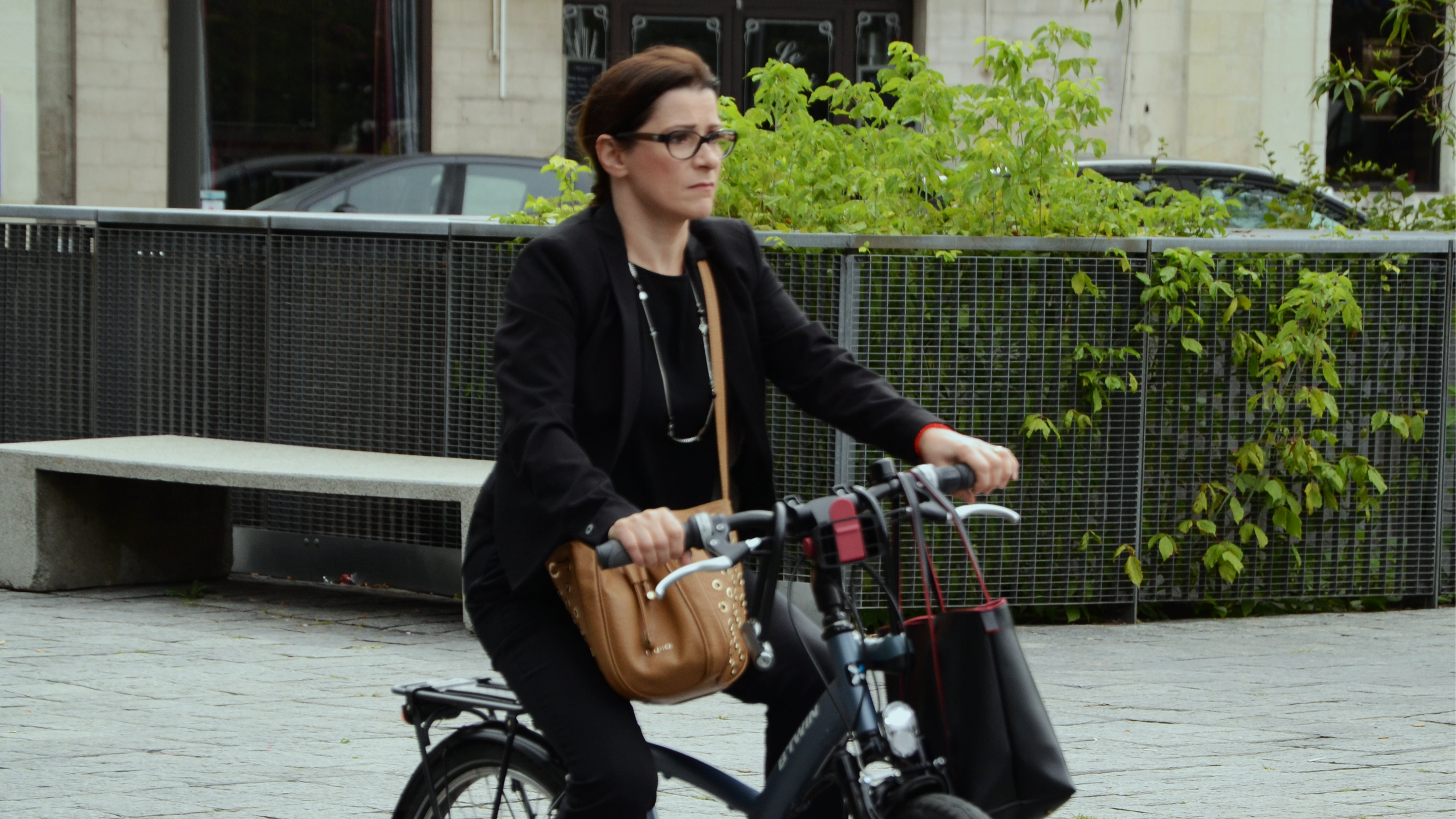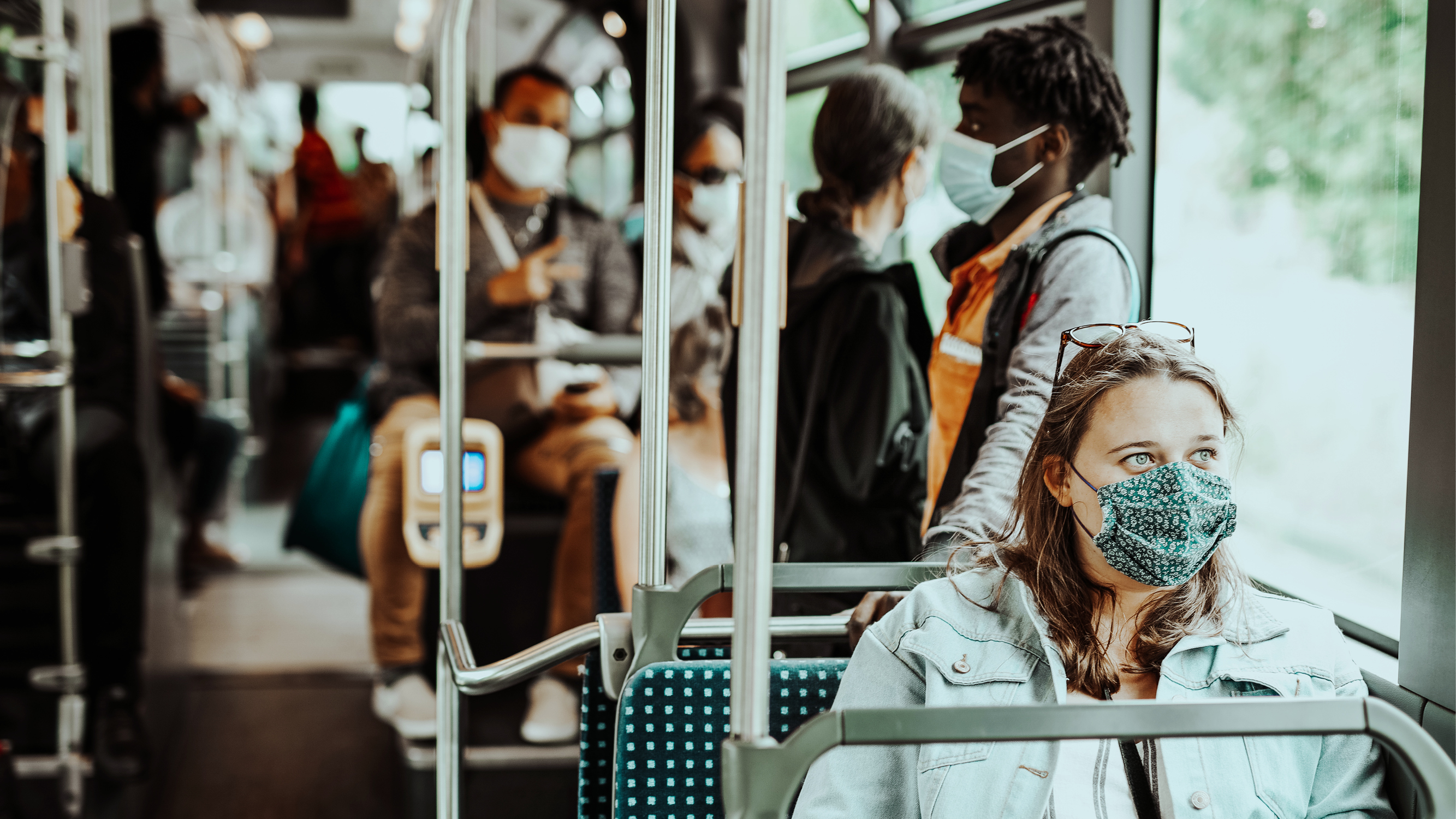Our strategy
In a world disrupted by the coronavirus pandemic, Keolis is accelerating its transformation to consolidate its leadership in the mobility sector and drive the energy transition alongside its stakeholders.

What are the Keolis Group's plans for development in the current context?
Our plans for development remain intact, albeit in a world disrupted by the health crisis; the priority is to retrieve our operational and financial performance standards In order to sustain our growth.
Geographically, our roadmap is clear: to grow our footprint in the United States, the UK, Australia and certain European countries whilst pursuing selective development in high-potential markets where we already have robust references including India, China, Qatar and Senegal. In parallel, in France, reinforcing our position in the Paris region and continuing to improve the quality of service of our city and intercity networks.
What's your roadmap for improving quality of service?
We continue to focus on the levers of passenger satisfaction: regularity, punctuality, comfort, the digitalisation of customer journeys and their fluidity through seamless articulation with other transport modes and in particular soft mobility like walking and cycling.
What does Keolis Group's strategy look like in the short and longer term?
In the short term, restoring confidence in public transport to rebuild passenger numbers is crucial. In the longer term, the Keolis Group is working on major issues including enhancing the fluidity of passenger journeys and the group's contribution to economic development and social inclusion in local regions. We are also working to harness the full potential of the energy transition in the mobility sector, where we aim to set the benchmark in low-carbon mobility.

A strategy guided by our stakeholders
In 2018, we asked our stakeholders about the key economic, financial, societal and environmental issues likely to affect our sector. This allowed us to build the materiality matrix to identify our top priorities In relation to sustainable development. This is a key tool for meeting the challenges of our transformation.
Our materiality matrix is regularly updated to ensure the relevance of our priorities. In 2021, 23 issues were defined, based on consultation with 180 internal and external stakeholders. The notions of safety, security and health are becoming ever more essential in today's health crisis, both for passengers and for our employees. The energy transition, innovation, quality of service and customer experience are also at the top of the agenda.
The UN Sustainable Development Goals: a frame of reference
The 17 Sustainable Development Goals (SDGs) provide a frame of reference and a universal action plan to transform our societies by 2030.
In 2020, Keolis identified eight SDGs where the Keolis Group and its subsidiaries make a contribution on a daily basis:
Good health and well-being
Gender equality
Affordable and energy
Decent work and economic growth
Sustainable cities and communities
Responsible consumption and production
Climate action
Peace, justice and strong institutions
Keolis, signatory of the UN Global Compact
Did you know?
Keolis has been a signatory of the United Nations Global Compact since 2004 and is committed to respecting and promoting its ten principles. In 2018, Keolis strengthened its commitment by joining the "GC Advanced" club, the highest reporting level of the initiative.

